Johannesburg, Nov 25 (V7N) – The Group of 20 major economies achieved a rare success for multilateralism this weekend, overcoming long-standing tensions among its members and the boycott of its most powerful member, the United States.
South Africa, serving as this year’s G20 president, secured a declaration with the support of all but two member nations – the U.S. and Argentina – addressing pressing global issues such as climate change, renewable energy, and the first global panel on inequality.
The declaration underscored a commitment to future G20 summits in Britain and South Korea, while emphasizing cooperation under the upcoming U.S. presidency. President Cyril Ramaphosa rejected an American proposal to hand over the rotating presidency to a junior diplomat, keeping leadership at the top level.
The summit initially faced uncertainty due to former President Donald Trump’s boycott over allegations against South Africa’s government. Yet, negotiators expressed visible relief when the draft declaration was agreed upon, signaling renewed faith in the G20’s relevance.
Experts noted that the Johannesburg summit set a precedent for engaging with uncooperative leaders. “News of the G20’s demise is greatly exaggerated,” said Josh Lipsky of the Atlantic Council. “In a crisis, it will be there, regardless of which leaders are present.”
However, the U.S. is expected to narrow the G20’s focus during its 2026 presidency to leaders’ summits and financial forums, potentially sidelining working groups on energy, health, and the environment. Despite this, overlapping priorities on development, economic growth, and financial stability suggest some continuity between the South African and U.S. agendas.
END/WD/AJ/



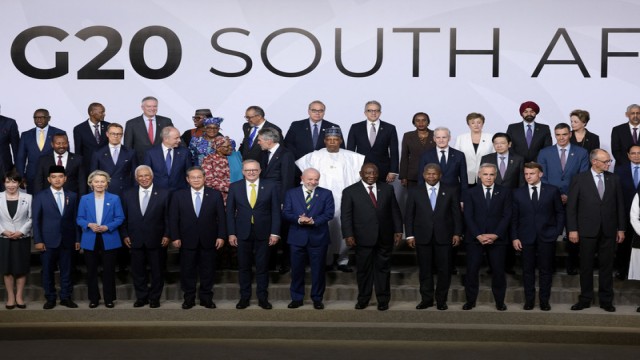
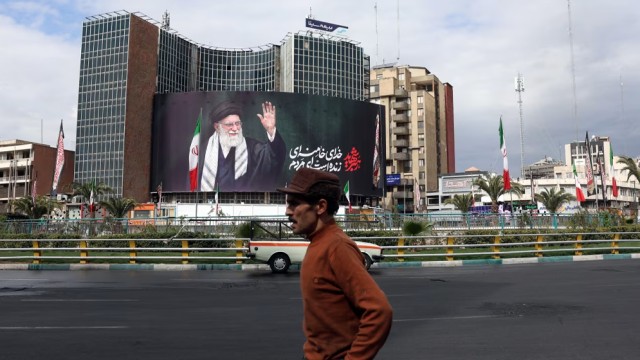
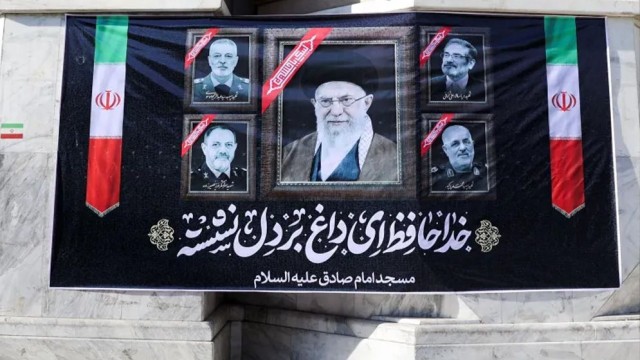


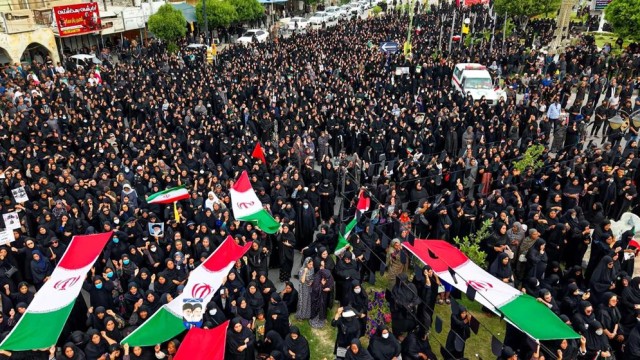
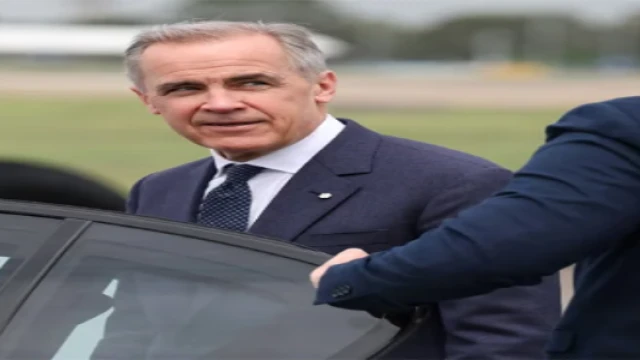




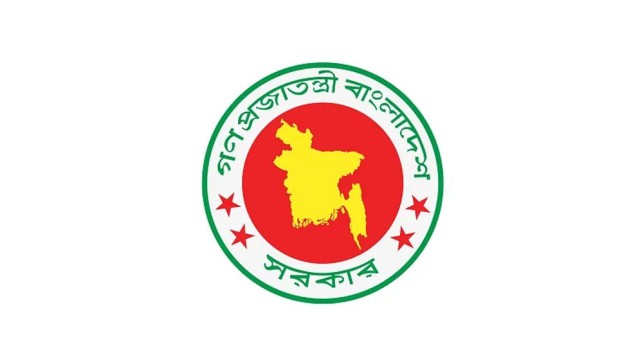

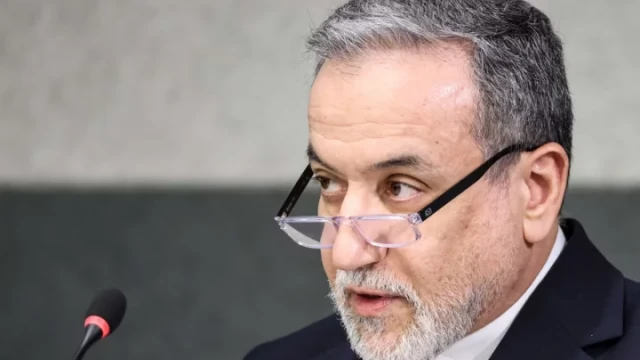
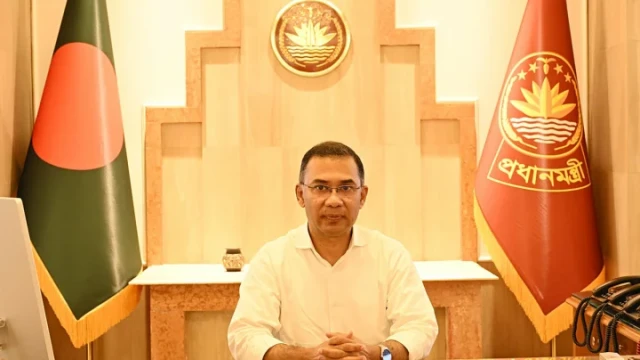












Comment: